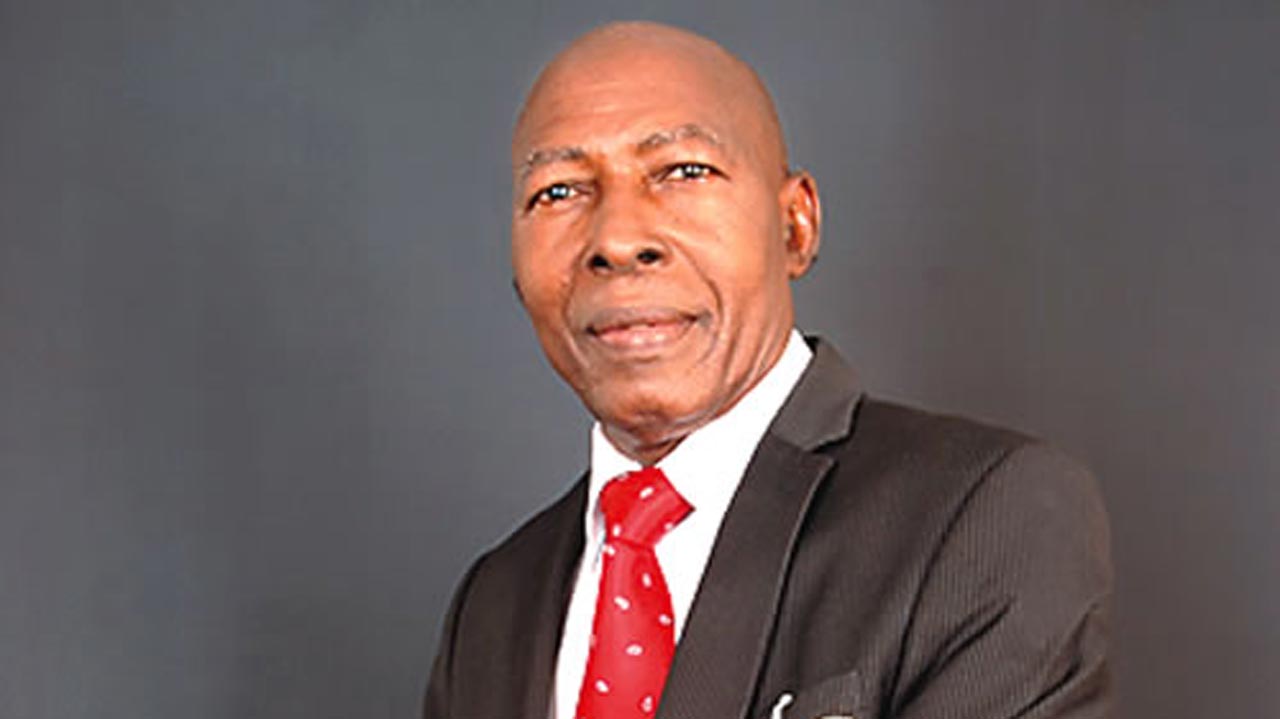Pioneer Information Technology tactician and current Director General of Delta State Innovation Hub (DSIH), Chris Uwaje has given an insight on the best ways to end call masking and related industry crime by the regulator, the Nigerian Communications Commission (NCC).
In an interview on how best to tame the challenge which seems to have suppressed all efforts of the regulator including sanctions and fines, he said “Time has come for the NCC to have an intrusion data mechanism (IDM) that would help it to know the inlet and outlet of a call before the carrier executes its operation”.
“They will sit as the man in the middle and be able to trace some of the acts. This is more of a data issue because calls are data-centric.
“So, when a call is originated, it originates from ‘free plus state of zeros and one’, so you can match exactly, who is originating it, who the intermediary is and where it is going.
Continuing, Uwaje averred that “Having said that, it means we have reached a stage where NCC would have engineers with data algorithms experience, to be resident in each ISP data centre or where their headquarters are”.
Uwaje noted that the security issue now is, if you want to trace a call to Boko Haram and they are using call masking to do that, automatically it becomes difficult to trace and any decision made from that move could be disastrous.
He added further that “Masking is to cover and it usually comes with intent. It is a crime. Why do you mask a number when automatically your caller ID is the one that will take precedence?
“So, they are subverting the caller ID for several reasons, majorly economic, and that could lead to serious security threat for the country.”
Business Hilights recalls that on several occasions, experts at the Office of the National Security Adviser (ONSA), the National Intelligence Agency (NIA), the Department of State Services (DSS), and National Assembly Committees, have voiced anger on the cyber crime.
However, in international security circles, crack security outfits of governments are allowed to track deadly criminals with call masking or SIm-Boxing.
Call masking, SIM-Boxing and related fraud pose serious threat to security, especially in cyberspace as revenue meant for government coffers are also blocked.
In Nigeria, a 10 per cent tax on all calls, telephony and telecommunications services goes to the government.
A masked call happens when an international calling number (Caller Line Identity) is masked as local number traffic.
It is a deliberate attempt by a fraudster to avoid paying the correct International Termination Rate (ITR) for international calls, paying instead the Local Termination Rate (LTR).
When the number is masked as a local call, an operator pays N3.90 LTR and not N24.40 ITR.
Analysts say the process allows operators to terminate inbound international telecoms traffic as local calls, so they don’t have to pay ITR, which is the interconnection charge set by telecoms traffic carriers as carrier-to-carrier charges.
The fraudster can bring calls through VOIP (through internet) and terminate international calls through local phone numbers in the respective country, to make it appear as a local call, by initiating the call through local SIM installed in the SIM box.
Otherwise, a SIM Box fraud is a setup where fraudsters install SIM boxes with multiple prepaid SIM cards.









